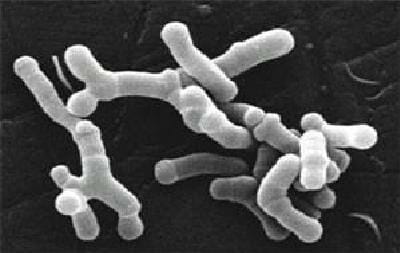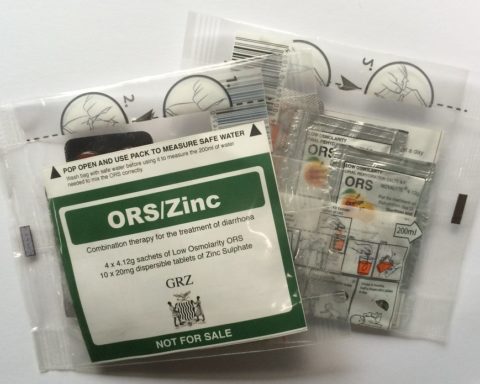Browse Tag
Supplements
Supplements are really helpful for maintaining our health and vitality. Our bodies begin to lose vigor and nutrients due to stress, environmental factors, illness or aging. Or at times, extra energy is needed when a person is going through a particular phase of his or her life where there is a higher need for energy, such as pregnancy, lactation, sports, studying for exams, etc. If this additional need for energy and nutrients isn’t met or depletion isn’t eradicated then the person falls seriously ill. Consuming nutritional supplements and vitamins in these cases is helpful as they help the person in question gain the require strength but also boost his or her immunity. However, supplements shouldn’t be started on one’s whim but a doctor should be consulted and the provided guideline for the usage should be followed. On should be aware that the excessive and unnecessary use of supplements can even be dangerous for your health.










Follow Me